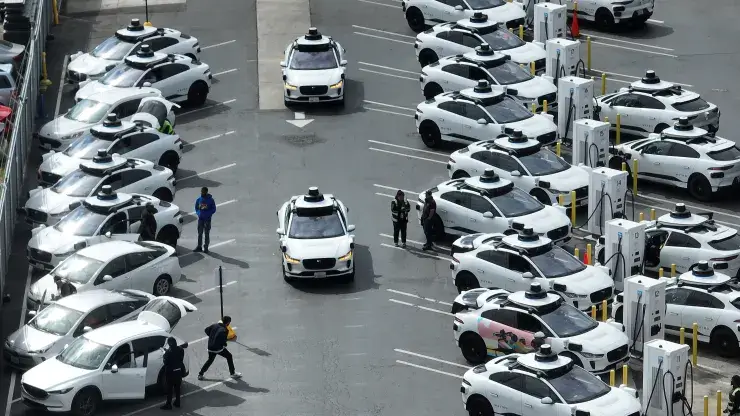Alphabet Inc’s Waymo and General Motors’ Cruise have secured the green light from California state regulators in a notable decision that allows them to operate paid robotaxi services utilizing unmanned self-driving vehicles across the bustling city of San Francisco. Despite encountering strong opposition from various city transportation agencies, safety regulators, and a considerable portion of the local population, the California Public Utilities Commission voted 3 to 1 in favor of this groundbreaking move. The decision takes immediate effect, potentially paving the way for these companies to initiate citywide paid taxi services around the clock, starting as early as Thursday.
Both Cruise and Waymo have been conducting experimental self-driving services, albeit under limited time frames and geographical boundaries. This regulatory development signifies a pivotal stride towards overseeing the deployment of autonomous vehicles, a field in which Waymo, Cruise, and other industry players have been steadily expanding their presence across cities and states nationwide.
San Francisco, as a renowned tech hub and home to over 500 autonomous vehicles already operational, carries particular significance. It serves as a significant testbed for these experimental cars, with its dense urban environment providing invaluable real-world testing grounds essential for refining self-driving technology.
However, the decision has encountered resistance from San Francisco’s fire department, planning commission, and transit agencies, who urged the commission for a more gradual deployment of autonomous vehicles. They pointed to instances of interference with emergency vehicles, law enforcement activities, and inconsistent driving behavior exhibited by autonomous cars.
In defense of their position, the companies that applied for permits to expand taxi services emphasized that their self-driving vehicles are designed to be safer than human drivers, having yet to cause any life-threatening injuries or fatalities. Cruise and Waymo now find themselves in direct competition with ride-hailing giants Uber and Lyft, as they extend their services to include app-summoned rides.
The presence of these driverless vehicles, characterized by vacant driver seats and autonomous steering capabilities, has become a familiar sight on the streets of San Francisco. Locals frequently share their observations of the occasional hiccups in these vehicles’ operations on social media platforms.
Cruise disclosed in a recent public hearing that it operates around 300 vehicles during nighttime hours and about 100 during the day, while Waymo reported a fleet of roughly 250 vehicles, with 100 of them operational at any given time. With the regulatory approval now in place, both companies are poised to increase their fleet size.
The decision over the proposal has drawn a sharp divide among San Francisco residents. On one hand, there are those who resent the city’s role as a testing ground for what they perceive as an unproven technology. On the other hand, supporters argue that as a leading technology hub, San Francisco should take the lead in developing autonomous vehicles, which could potentially lead to fewer traffic accidents and injuries.
During the commission’s deliberations, hundreds of residents and representatives from various interest groups weighed in on the matter, each given just a minute to express their stance. Concerns ranged from issues of accessibility for the disabled to safety, software coding, labor union activity, and conflicts of interest.
In a recent hearing, the San Francisco Municipal Transportation Agency presented data indicating nearly 600 incidents involving autonomous vehicles since the spring of 2022. However, they believed this number to be only a fraction of the total due to what they viewed as lax reporting requirements. Chief Jeanine Nicholson of the San Francisco Fire Department emphasized that it’s not their responsibility to intervene in autonomous vehicles.
Supporters of the broader rollout of autonomous vehicles, including technologists and local residents, expressed their concerns that a negative decision could impede an emerging industry that brings much-needed jobs and attention to the city. Uber, in the face of regulatory challenges, had withdrawn its self-driving vehicles from San Francisco back in 2016, opting for Arizona where regulations were perceived to be less stringent.





